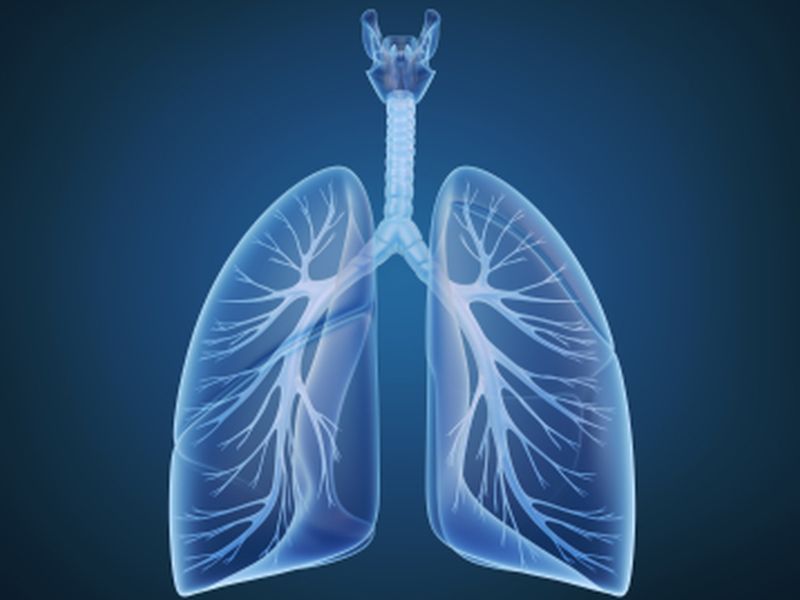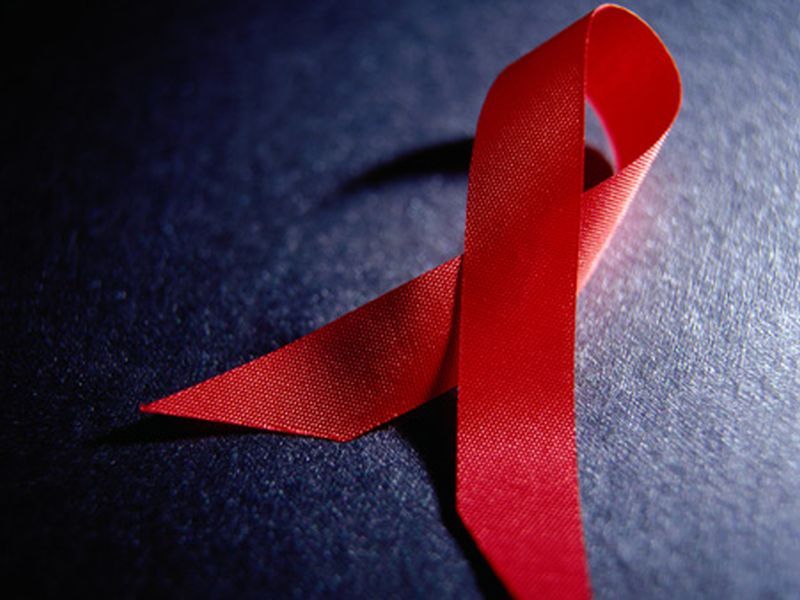
When the COVID-19 pandemic kept young kids indoors, their time spent watching TV and other screens rose dramatically. That’s the finding of a new study that investigated the screen time of kindergarteners from low-income families in Ohio. The researchers found that their use of television, video, movies, short clips, and apps or games on any… read on > read on >


















